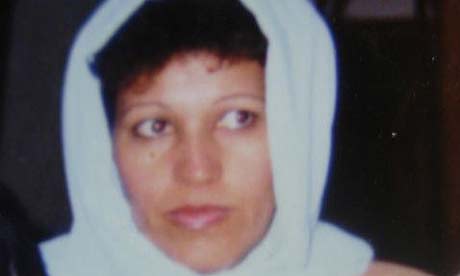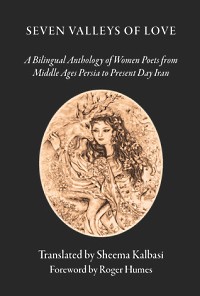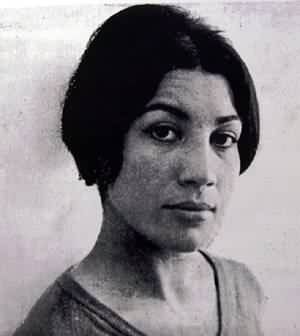
Reading Legitimation Crisis in Tehran: Iran and the future of liberalism is a short essay by Danny Postel (senior editor of openDemocracy). It focuses on the failure of liberals in the US and Europe to act in solidarity with Iranian liberals, trade unionists, human rights groups and feminists in the way they did with Central America in the 1980s, explores the way liberal ideas and philosophers have impacted Iranian political discourse, explains how and why Foucault mis-read the revolution and ends with an interview with Ramin Jahanbegloo. Always interesting to see what academics from inside Iran think, but something about Jahanbegloo's confidence about liberals and liberal activism doesn't quite sit right. He's very dismissive of Iranian socialists:
DP: Why, in your view, are Iranian intellectuals and students not generally attracted to Marxist thinkers and ideas? Why do you think they tend not to be engaged by political currents like the anti-globalisation movement or anti-imperialism?
RJ: It is not necessary to explore very far to find the reason for this lack of attraction to Marxism in Iran today. In Iran the number of "Marxists" was always a hundred times greater than the number of people who had actually read and studied Marx. This is the main reason why Iranian Marxism had so much trouble making sense of the Iranian Revolution. The Tudeh Party and the leftist groups have no explanation today of their political and ideological struggles against liberal and democratic ideas in Iran. Most of these Marxist groups supported the anti-democratic measures taken against women and against Iranian liberals... I ask you the question: what do you think is left of the Left in Iran? Nothing!
The major Iranian left-wing, socialist and Marxist parties from before the Iranian Revolution may have almost zero presence and no support inside Iran, but Iranian socialists and trade unionists are still raising their voices. Iranian trade unionists trying to establish independent unions are routinely harassed by the government. During the recent student protests the slogans are those of left-wing and liberal ideas.
I fear that Jahanbegloo's "intellectuals" are not very representative of all Iranian students or the Iranian population as a whole. How many Iranians are actually reading Arendt, Habermas, etc? Jahanbegloo says young Iranians are no longer drawn to "utopian ideas". But the demands socialists in Iran are making are concrete, urgent and realistic. There's nothing utopian in asking for women's rights, an end to political repression, extra-judicial killings, goon squads harassing union activists and students or for free speech.
Postel's book doesn't address the nature of support for the government and Islamic Republic within Iran. With 17 million votes in the last presidential election, Ahmadinejad must have some supporters. Whether they're members of the industrial, city-dwelling working-class, Basij, peasant saffron-pickers getting a pay rise, middle-class bureaucrats, revolution-era religious true-believers or clerics - Postel and Jahanbegloo never really explain it. Without that clarity - without an understanding of the cultural, political, economic and religious support for the Islamic Republic - how does Postel think Americans and Europeans can overcome the cultural and language barriers and understand how they can act in solidarity and with whom?









